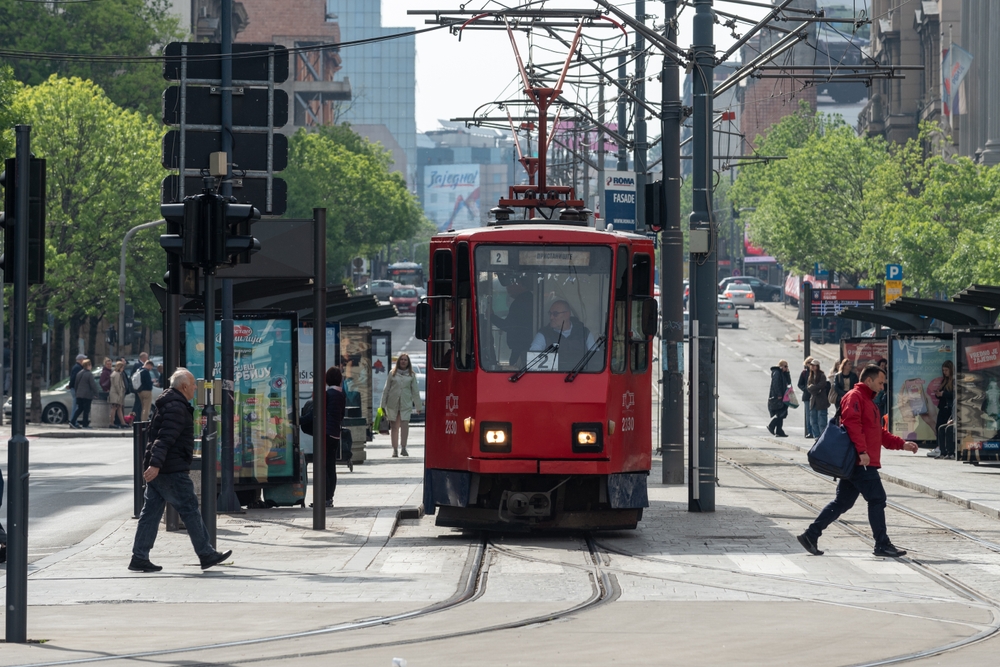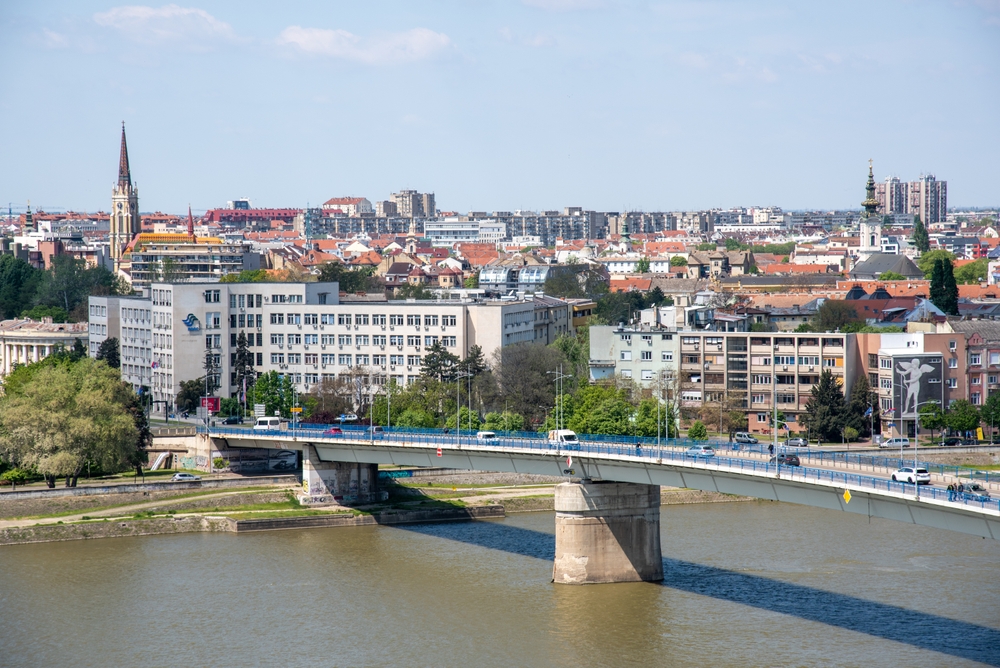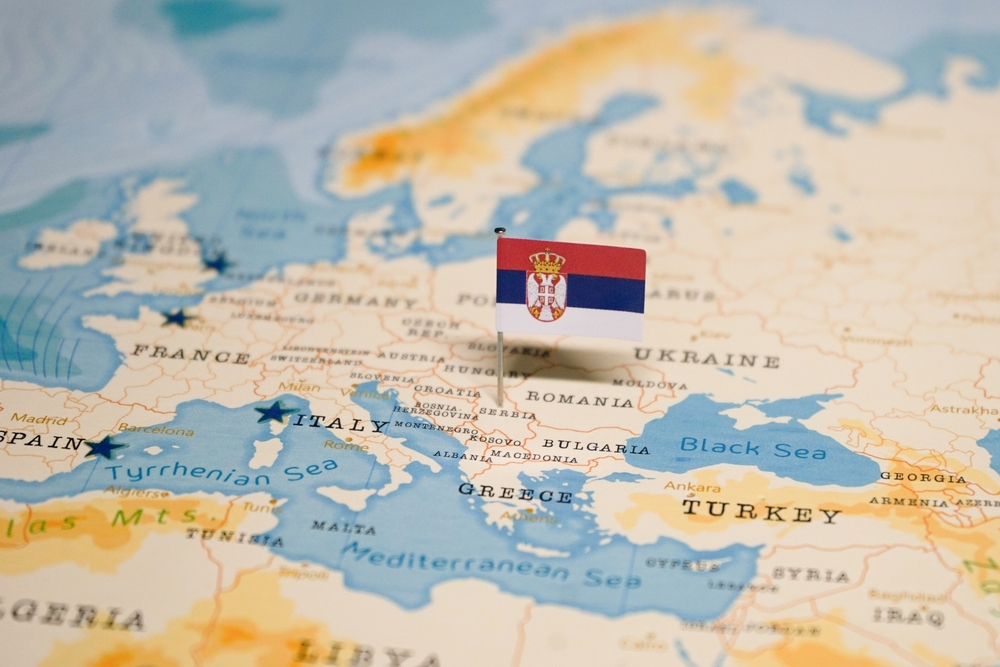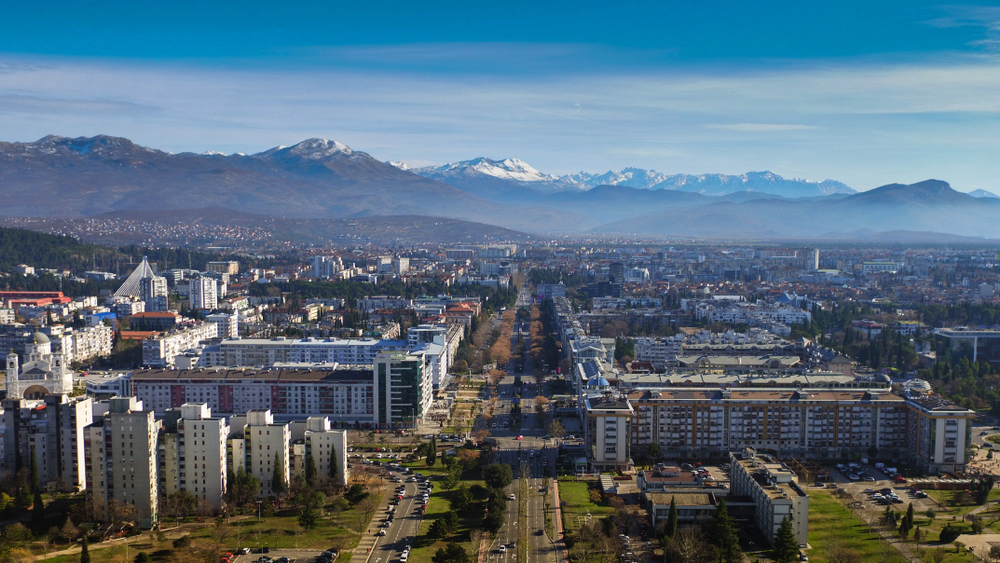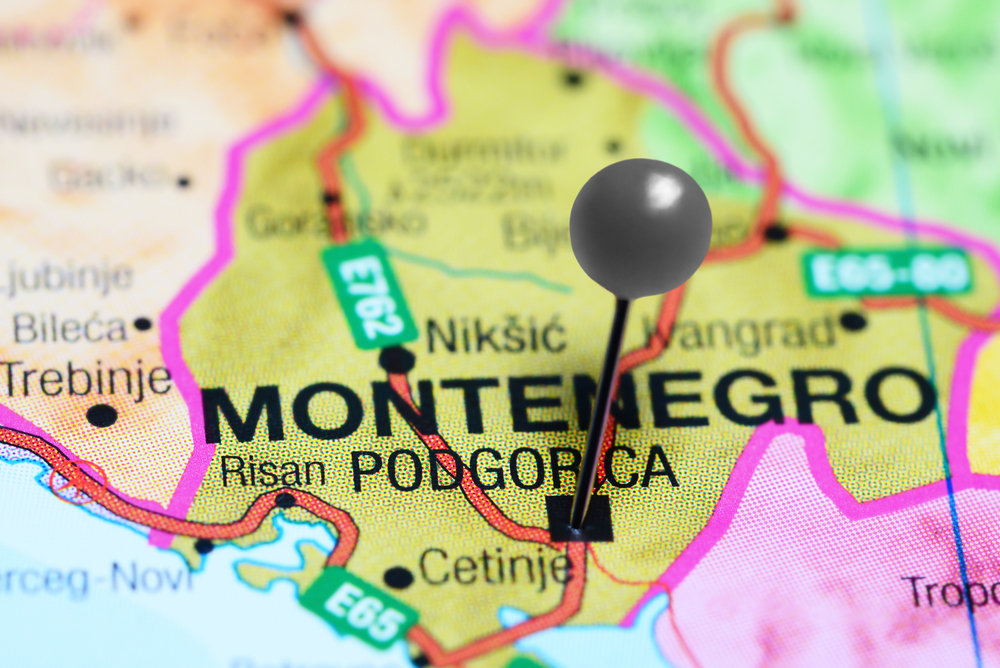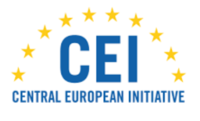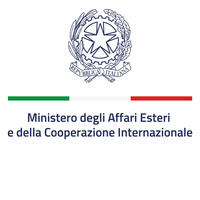Exchange programme on Chapter 22 of the acquis
Chapter 22 deals with Regional Policy and expects candidate countries to align their national legislation with the European acquis regarding structural and cohesion funds, with the aim to foster economic, social, and territorial development of less developed regions. The implementation of the Regional Policy requires adequate administrative capacity for the proper use of financial instruments and the implementation of related projects.
Focusing on the planning phase of the Cohesion Policy, OBCT together with ISSiRFA CNR is carrying out two projects aimed at promoting training and exchange of know-how and expertise with the national authorities of four Balkan countries candidate to the European Union.
During 2023, capacity-building activities have taken place for the relevant institutions in Montenegro and Serbia. With the conclusion of the screening process, in 2024 training activities are planned in Albania and North Macedonia, to be then concluded with a regional event on exchanging good practices and promoting horizontal inclusion of different societal stakeholders.
This initiative intends to shed light on the value added of the work on Chapter 22 for the general progress of the enlargement process, fostering the creation of a new narrative on European integration perspectives.
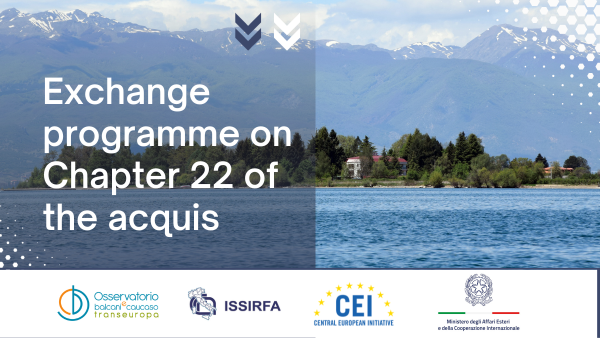
Programming the EU Cohesion Policy in Montenegro and Serbia (Nov 2022 – Apr 2024)
Territorial cohesion and place-based policies (Jan – Dec 2024)
News
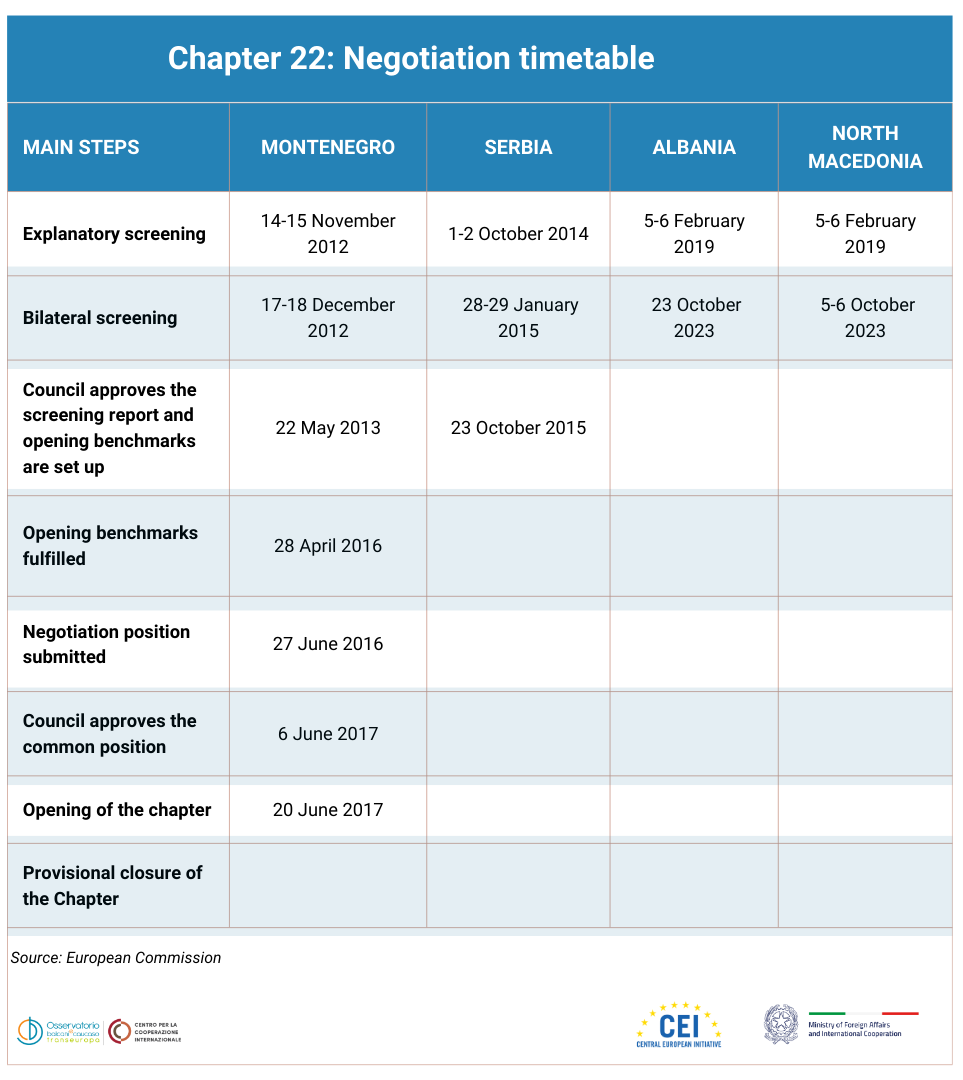
Video recording of the webinar of March 14, 2024: Programming the EU Cohesion Policy: Exchange Programme on Chapter 22 in Serbia and in Montenegro
| This project is co-funded by the CEI Fund at the European Bank for Reconstruction and Development (EBRD), with a contribution from the Ministry of Foreign Affairs and International Cooperation of Italy. |
Project coordinator:
Osservatorio Balcani e Caucaso Transeuropa (OBCT)
Project partners:
Istituto di Studi sui Sistemi Regionali, Federali e sulle Autonomie “Massimo Severo Giannini” – Consiglio Nazionale delle Ricerche (ISSiRFA – CNR)
Ministry for European Affairs of the Government of Montenegro (MEA)
Ministry of European Integration of the Republic of Serbia (MEI)
State Agency for Strategic Programming and Aid Coordination of the Republic of Albania
Secretariat for European Affairs of the Republic of North Macedonia

